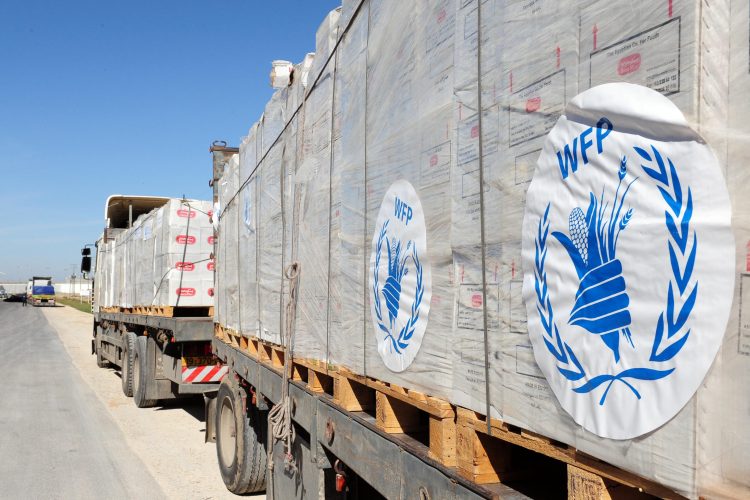Deadly Super Cereal contamination crisis resolved
- Like
- Digg
- Del
- Tumblr
- VKontakte
- Buffer
- Love This
- Odnoklassniki
- Meneame
- Blogger
- Amazon
- Yahoo Mail
- Gmail
- AOL
- Newsvine
- HackerNews
- Evernote
- MySpace
- Mail.ru
- Viadeo
- Line
- Comments
- Yummly
- SMS
- Viber
- Telegram
- Subscribe
- Skype
- Facebook Messenger
- Kakao
- LiveJournal
- Yammer
- Edgar
- Fintel
- Mix
- Instapaper
- Copy Link
Posted: 9 October 2020 | Bethan Grylls (New Food) | No comments yet
Queen’s University Belfast scientists support major food-security investigation in aid to Africa.


Following two major food-poisoning incidents in Uganda, Africa last year, experts from Queen’s University Belfast were asked to investigate and have now identified the cause of the crisis.
The first outbreak happened in March 2019 and the second in August of the same year. Five people died and hundreds were hospitalised.
In both areas of Uganda where the incidents occurred, Specialised Nutritious Foods (SNFs), had been distributed by the World Food Programme (WFP). SNFs are used to help overcome malnutrition and given to vulnerable populations including infants, adolescent girls and nursing mothers in developing countries.
It was suspected that one of these SNFs, a fortified soya and corn product known as ‘Super Cereal’ might have been the source of both outbreaks.
The Super Cereal supply chains for the two incidents appeared completely different and global deliveries of such product were suspended. Super Cereal is distributed to approximately five million people per year, so the suspension left many tens of thousands of people without adequate or nutritious food.
Working alongside WFP and the US Food and Drug Administration, Professor Chris Elliott, Dr Simon Haughey and their team at Queen’s Institute for Global Food Security (IGFS) were able to detect lethal plant toxins known as ‘tropane alkaloids’ in samples of the Super Cereal from the first outbreak.
The identification of DNA from jimsonweed, a plant in the nightshade family, provided further evidence, as the seeds of this plant contain high levels of tropane alkaloids. This research was carried out using types of mass spectrometry.
The team was also able to trace the contaminants from the outbreak back through complex, international supply systems and identify Turkey as the country where the affected Super Cereal had been produced and, subsequently, contaminated.
Following the second outbreak, Prof Elliott and his team suspected that some form of fraud had occurred and were able to show that both outbreaks were caused by contaminated ingredients from the same batches produced in Turkey.
This finding enabled millions of dollars’ worth of the unaffected, detained Super Cereal back into circulation, helping restore vital food aid to many parts of the developing world.
Related topics
Contaminants, Health & Nutrition, Outbreaks & product recalls, recalls
Related organisations
Queen's University Belfast, Queen’s Institute for Global Food Security, US Food and Drug Administration (FDA), World Food Programme








